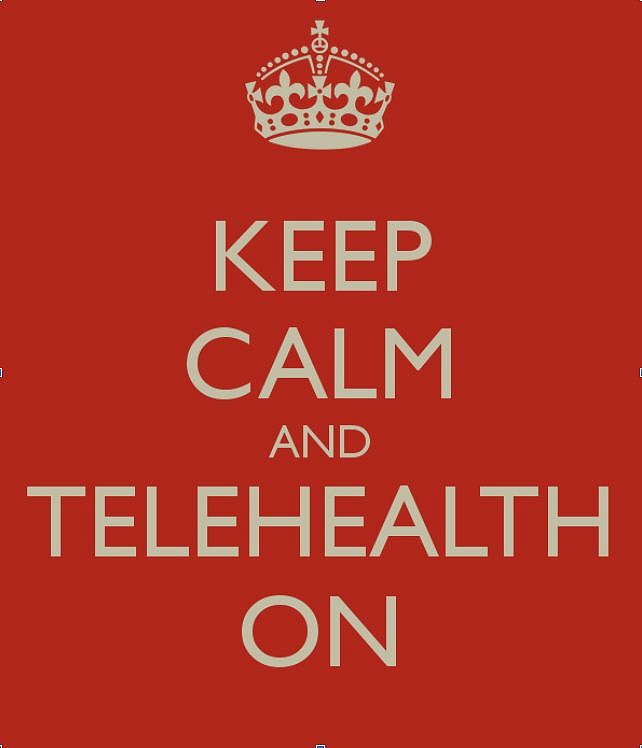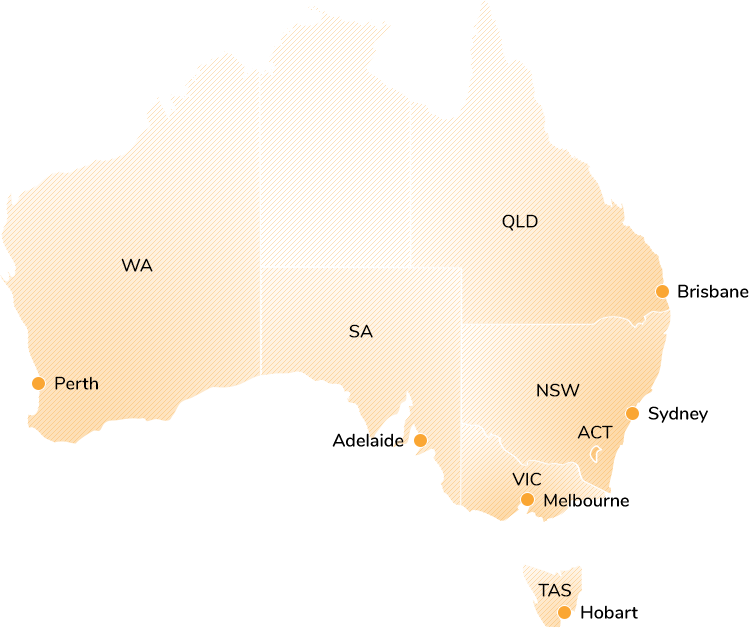How we Provide Positive Behaviour Support by Telepractice

Before I started at Ability Consultants I worked for a school. Everything I did was done face to face, and it worked fine for me. When I moved across, I was given a Zoom account, which included a phone number, and released into the world as a tele-practitioner. In fact, the first client I was given at Ability Consultants is someone who lives in a different state to me, and I’ve never met them in the flesh. This service has worked fantastically well to date. The client is a very smart person looking to explore how to apply elements of Positive Behaviour Support in their life to help solve some of the problems they’ve been facing. In this particular situation, meeting on a digital platform has probably worked better than it would have to try to meet face to face. Many of our clients have diagnoses which predispose them to difficulties around social anxiety and social communication difficulties, and many of these people also have an interest and preference for technology. Meeting via Zoom allows clear, direct, focussed, 1:1 communication using cool technology, which is just perfect for situations like this.
Since the COVID-19 restrictions have come into place, Ability Consultants have quite rightly made the decision that we shouldn’t be meeting people in their normal environments in the community for the time being. While we retain a passion for applying our services in the settings which are important to the people we serve, at the current time the risks involved in face to face meetings are just too great, especially considering that many of our clients have conditions which place them in a high-risk category should they contract the virus.
This has meant that we now need to get creative and learn how to apply tele-practice to literally all of the work we’re doing. This has thrown up its fair share of challenges and opportunities. Part of the work I do which I’ve always considered really important is spending time with the people I serve to really get to know them. Being with them in person also means getting to understand the settings they are in and the people they interact within their daily lives, which are very important parts of the picture when it comes to considering their needs and how they can best be supported. Technology gives us opportunities to be in these environments without needing to be physically present. This means we can cut down on travel time, allowing us to spend more of our time providing service directly to our clients. It also has a benefit of not altering the person’s usual environment by being there. A common frustration of behaviour support practitioners and the support networks of our clients is that whenever we come to visit the person behaves differently, so we’re often getting a skewed picture of what the person is actually like day-to-day. Being able to video conference an observation means that we can see an interaction between the people usually present in the setting without being in the room and therefore changing the dynamic.
Of course, there is a need to be respectful about the way video conferencing is used. I would not record a video observation session, and would only do such an observation having discussed how it will work and having full agreement from the person’s consenter. Like with any use of technology, there are some people we serve who have less affinity for technology, and struggle to figure out how it can be effectively used. Sometimes this means that work is far more difficult to complete via tele-practice. I tend to see these kinds of factors as barriers. We encounter many barriers in our practice, even without the additional factors at play during the current COVID-19 situation. This is just a new set of barriers, which need to be overcome like any others. If we ever encounter a situation where the barriers to effective service delivery mean that we struggle to provide the kind of service we know our clients deserve, we always do the best that the situation will allow, work hard to overcome the barriers we find, and document the circumstances thoroughly. This is no different.
It’s hard to know what the future holds at this time. I can only imagine that the world might look a bit different when we get out the other side of this crisis. Whatever the future holds, right now we have a unique opportunity to learn how we can provide service in new and innovative ways, which can only be a good thing down the track. Stay well, everyone!
Steve Davies.
Steve is an experienced and highly respected practice leader in Positive Behaviour Support. Steve's passion is to assist people with disabilities to overcome barriers to their best quality of life. Steve is driven to make PBS accessible to everyone, and build collaborative teams around each individual.





